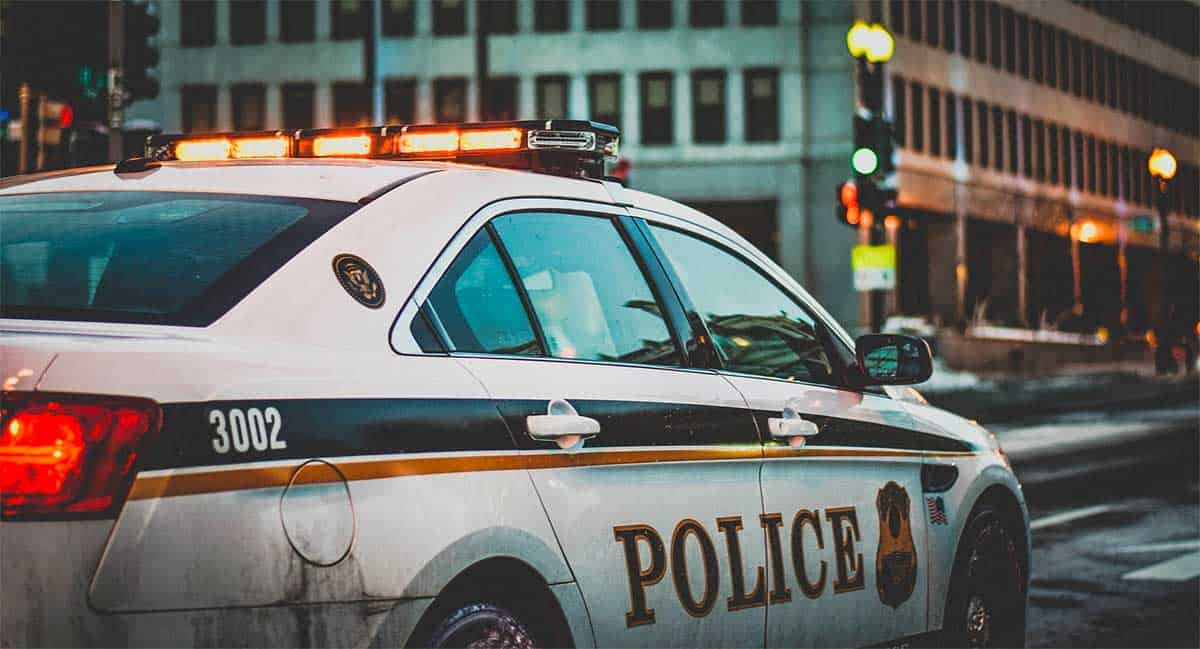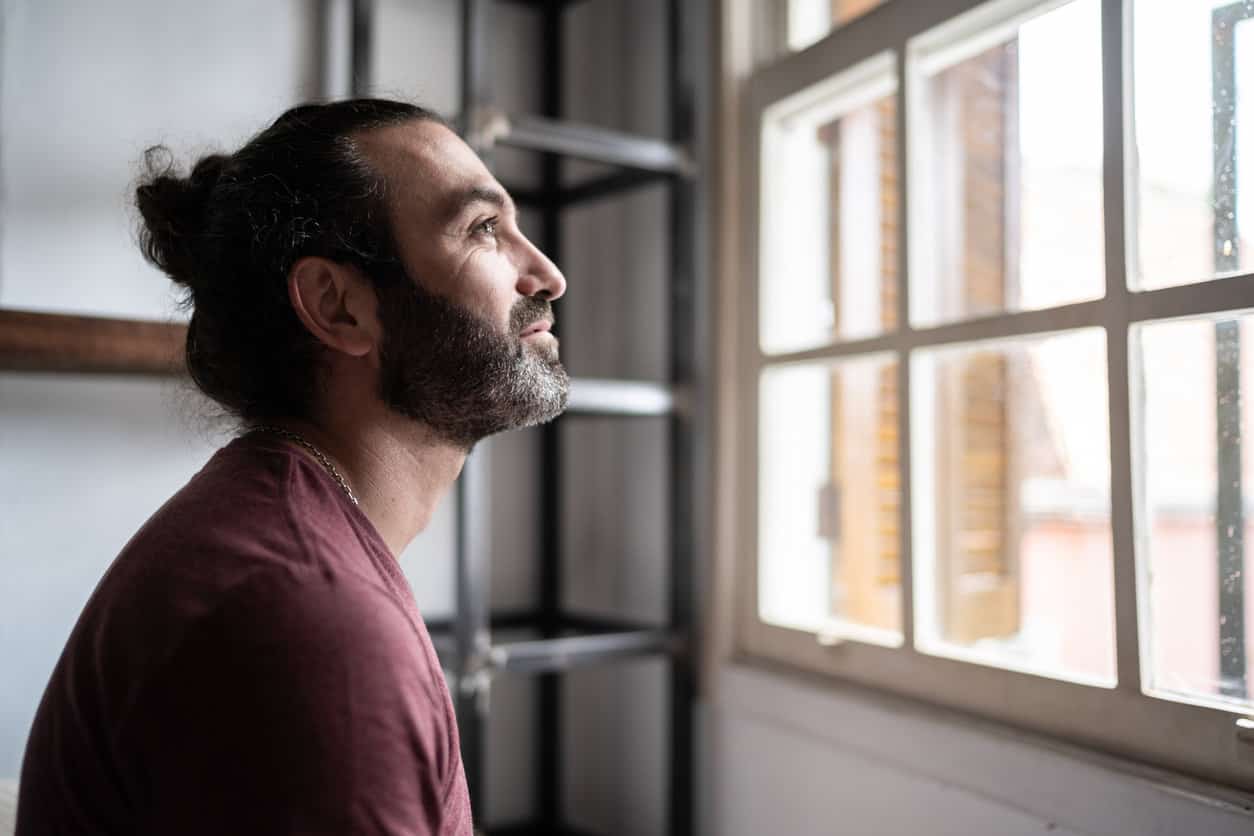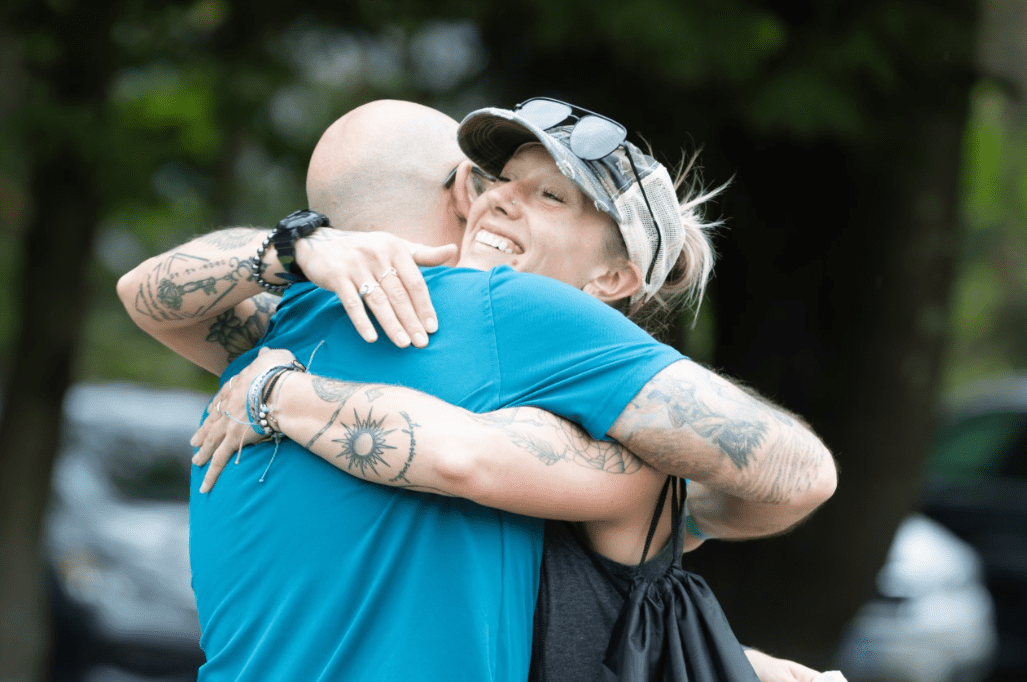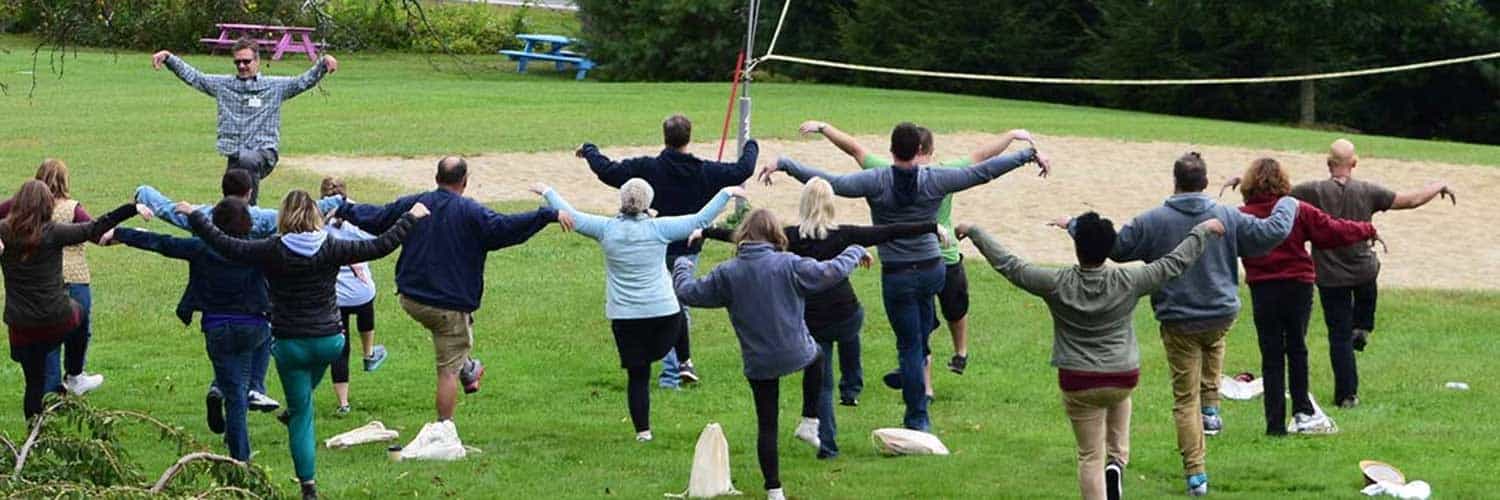With roughly 100 people dying from opioid related overdoses every day, it is no surprise that politicians and advocates are asking the White House to officially declare the opioid epidemic a national emergency. Although that has yet to occur, various states have taken matters into their own hands with emergency declarations and the implementation of new policies and laws.
The state of Utah is taking a “tough love” approach and allowing family members to intervene on their loved one’s behalf and petition for court-ordered intervention and treatment. Some argue that this is a violation of the individual’s rights while others belief that it is the only way to save people struggling with an addiction.
Other states such as Kansas and Kentucky have taken an even tougher approach by passing laws to increase penalties for the possession of opioids and low-level, non-violent drug offenders. Other states are now charging opioid dealers with manslaughter, homicide, and felony murder if any of their buyers suffers from a deadly overdose.
However, not all states are getting “tough.” The state of Oregon recently signed a bill reducing first time, low-quantity drug possession to a misdemeanor. Oregon’s decriminalizing approach matches a sentiment that has been shared by both Democrats and Republicans – we can’t arrest our way out of the opioid epidemic.
Oregon isn’t alone with their compassionate approach: At least 17 states now allow the public to have easy access to Naloxone, a medication that blocks the effects of opioids and reverses an overdose. Several states, such as New Mexico, Pennsylvania, and Massachusetts, even require police officers, fire fighters, and other emergency personnel to carry the lifesaving medicine. The state of New York has passed the Good Samaritan Law, which allows people to call 911 without fear of arrest if they are overdosing.
Other states are taking their fight to hospitals and big pharma. Rhode Island now requires doctors to explain the risk of addiction to patients being prescribed opioids. While Mississippi is suing major pharmaceutical companies who they believe are responsible for fueling the opioid crisis.
However, it is the state of Ohio, which has one of the nation’s highest overdose rates, that has made headlines for their controversial approach to this epidemic – charging overdose survivors. In an effort to reduce overdoses, police officials have started charging overdose survivors with inducing panic, or a felony charge if drug paraphernalia is at found at the scene. Many, including members of the American Civil Liberties Union (ACLU), argue that criminalizing drug users is far from the right solution.
But this isn’t Ohio’s only controversial approach. Back in July, Richard K. Jones, an Ohio sheriff, decided that he would not let his officers carry the live saving, opioid antidote, Naloxone. In response to backlash, he told _The Washington Post_, ““I’m not the one that decides if people live or die. They decide that when they stick that needle in their arm.”
He isn’t the only Ohio leader with an unforgiving stance against opioid users. Recently, Ohio city leaders suggested implementing a “Three Strikes” policy. The proposed policy suggests that emergency personnel can refuse to respond to an overdose if the individual has previously overdosed three times. They claim that Naloxone is not helping the opioid crisis, but rather enabling addicted individuals to overdose again and again. When explaining the policy, councilman David Picard said, “I want the word to get out, don’t come to Middletown and do drugs. If you are going to come to Middletown and buy your drugs, you better get out of town because if you have an overdose we might not come.”
Many have opposed the proposal, claiming that it is illegal and a heartless approach that dehumanizes addicted individual, while others support it saying that they are fed up with seeing the same individuals overdose time after time.
Picard has since withdrawn his proposal and instead has asked for city officials to come up with a legal option to implement his suggestion. He says that he wants to instill fear into people and that since he announced his proposal deadly overdoses have decreased in Middletown.
It is clear that states have vastly different views on how to properly address America’s opioid problem. Whether the correct method is tough love, decriminalization, or a “tough on crime” approach is yet to be determined. Only one thing is clear – something needs to be done, now.
If you or a loved one is struggling with addiction, Mountainside can help.
Click here or call (888) 833-4676 to speak with one of our addiction treatment experts.

 By
By 







